Rewilding is a progressive approach to conservation. It’s about letting nature take care of itself, enabling natural processes to shape the land and sea, repairing damaged ecosystems and restoring degraded landscapes. Through rewilding, revitalised natural processes create wilder, more biodiverse habitats.
Rewilding is about:

Nature’s own ways
Nature knows best when it comes to survival and self-governance.
We can give it a helping hand by creating the right conditions – by removing dykes and dams to free up rivers, by stopping active management of wildlife populations, by allowing natural forest regeneration, and by reintroducing species that have disappeared as a result of man’s actions.
Then we should step back and let nature manage itself.

Bringing back wildlife
Many European wildlife species have suffered significant declines, even in our wildest areas. Some species have gone extinct, meaning the loss of critically important ecological functions. Rewilding works to restore lost species by giving them space to thrive, via population reinforcement, and by reintroducing missing native species.

Ensuring wellbeing
When nature is healthy, we are healthier too. We rely on the natural world for clean water, food, the air we breathe, and our mental wellbeing. There is a growing realisation that connecting with wild nature makes us feel good and keeps us mentally and physically healthy.
Rewilding means reconnecting our modern society – both rural and urban – with wild nature. We want people to experience that ancient connection as part of thriving communities living in healthy rewilded landscapes.
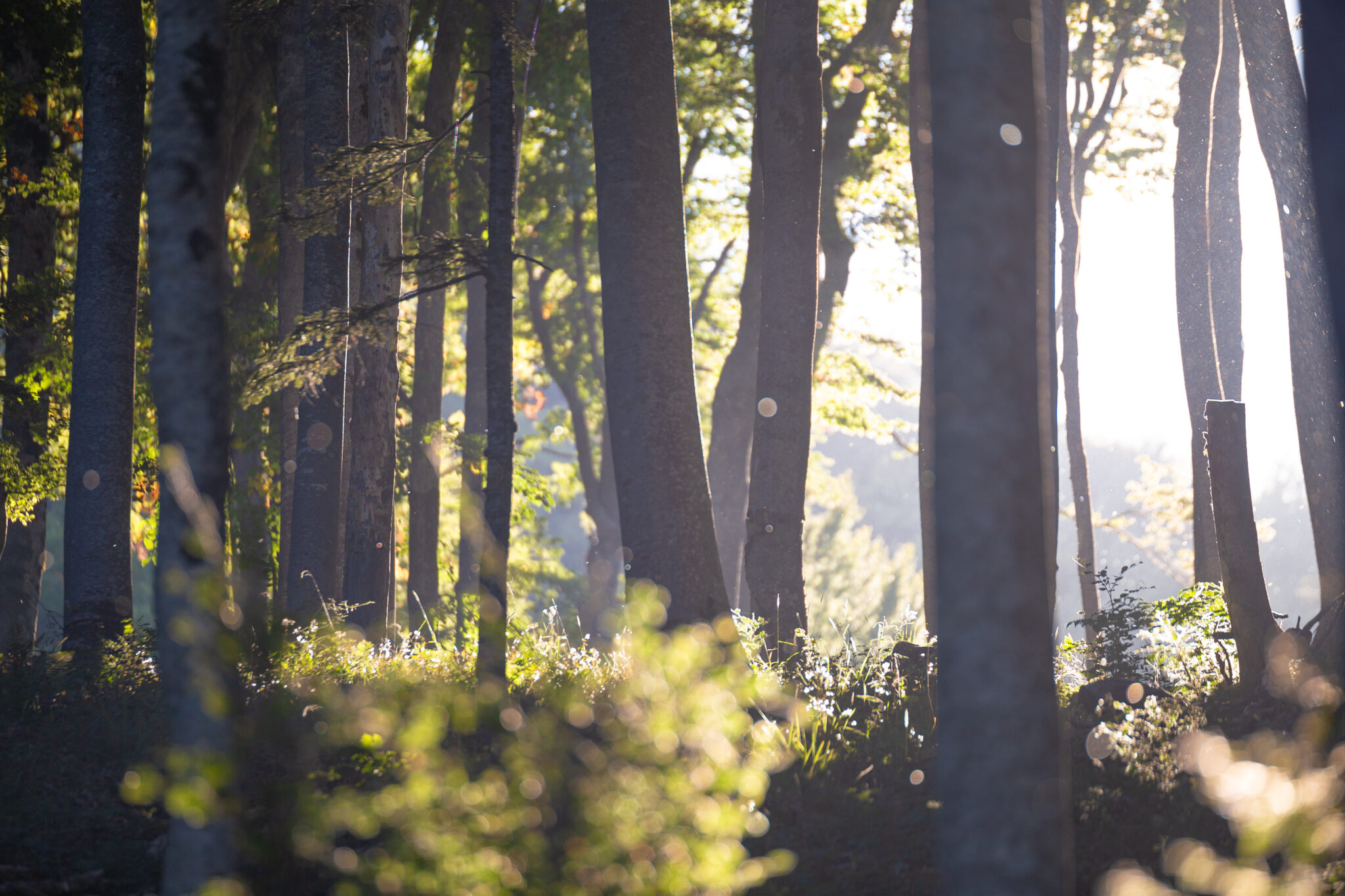
Delivering for the future
There is no defined endpoint for rewilding. The aim is to support nature-driven processes, which in turn will bring about wilder nature. This takes time and space. Rewilding means moving along a scale towards true wildness, where every step along this scale is seen as progress.
If we create and protect areas where rewilding can take place, both people and wildlife will ultimately benefit.
Why is rewilding vital in Europe?

Our ecosystems need to recover
We not only need to protect nature; we also need to restore it. Many ecosystems – which form the basis of our natural wealth – are degraded. Rewilding offers us an opportunity to restore them, and robust, connected ecosystems will make us more resilient to the impacts of climate change.
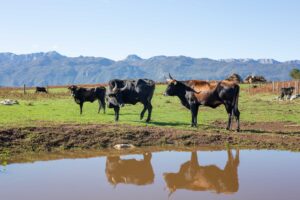
We need keystone species
These species, including top predators and large herbivores, have a disproportional impact on vital ecological processes. Wildlife is now making a comeback in Europe, but overall numbers are still low. Rewilding will accelerate this recovery and restore important food chains and trophic cascades.
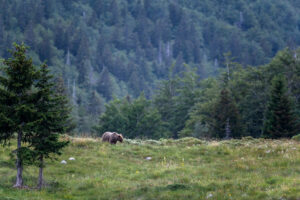
Wilder nature as an ally
Naturally functioning ecosystems are better at providing us with clean air and water, reducing flood risk, storing carbon and helping us to adapt to climate change. Rewilding links ecology with modern economies, where wilder nature acts as an ally in solving modern socio-economic issues.
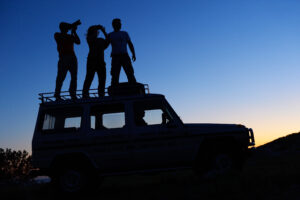
Communities benefit
Rewilding boosts local economies where alternatives are scarce. We promote conditions where nature flourishes and local people can earn a fair living from nature-based enterprises. This can help revitalize both rural and urban communities.

Wild places inspire people
Experiencing the thrill of wild nature reconnects people with our living planet. This improves health and wellbeing and builds a shared sense of humanity and pride, both in the countryside and in cities.
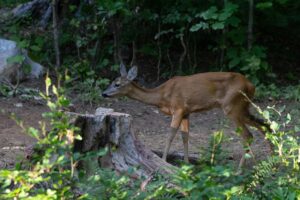
Nature’s ways are cost-effective
We believe that nature is fully capable of taking care of itself. This means letting natural processes shape our landscapes and ecosystems, instead of people actively managing, which often requires high, recurrent costs. Self-regulating landscapes are more sustainable in the long run.